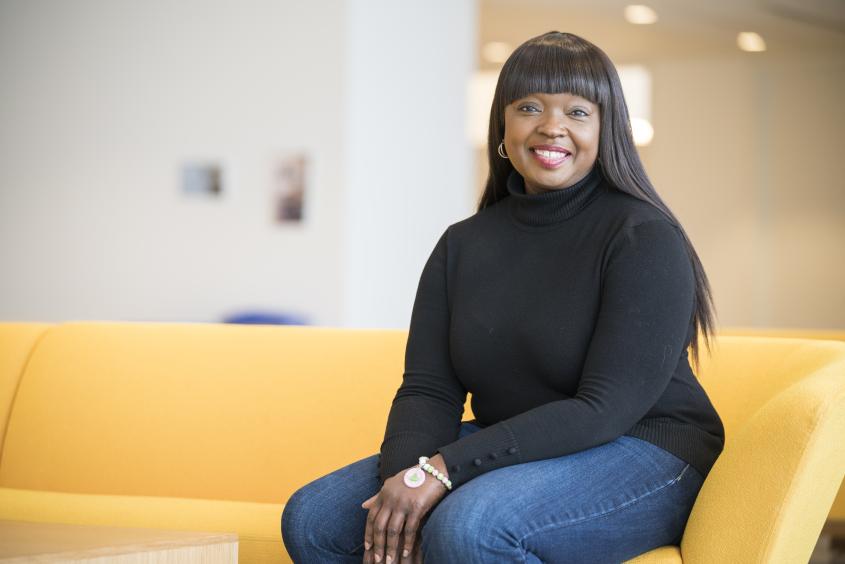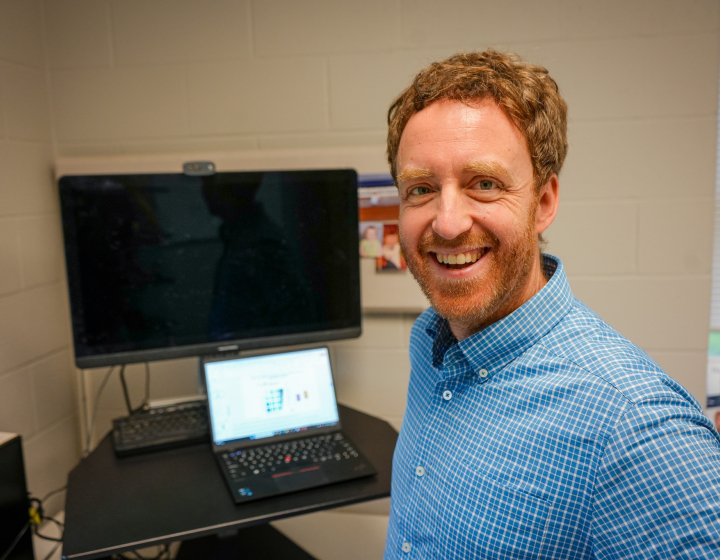Culture of inclusion yields diverse student cohorts
Academia has a well-known diversity problem and the field of public health is no exception. But at Cornell, the new Master of Public Health program has successfully recruited diverse cohorts for its first two classes. Toni Thibeaux, the program coordinator, credits their success to a strong culture of inclusion across the program. She recently presented their diversity and inclusion strategies at the 2018 annual meeting of the Association of Schools and Programs for Public Health.

Instead of setting targets for diversity recruitment, Thibeaux has taken a different approach. She and her colleagues have developed a family atmosphere within their small program, where all students are responsible for each other’s success. This sense of belonging among the students has attracted a diverse applicant pool that allows the admissions committee to select qualified students whose career goals align with the program’s mission, without considering minority status. “For two years straight we’ve been able to manage without targeting certain populations,” said Thibeaux. “We feel really good about that.”
In the first two cohorts, 19 percent of the members are first-generation students and 33 percent belong to an underrepresented minority group, which includes people of color, as well as graduate students who are single parents or who have a disability.
Building relationships between people with different backgrounds is a vital part of the program. “That’s public health,” said Thibeaux. “We’re always trying to go into communities and find an intervention that works. But if you’re an outsider looking in, how do you get that community to accept you and your ideas?”
As an African American and a first-generation student, Thibeaux understands that no one wants to be a statistic. She is proud that the MPH program is setting standards to create an environment that enables all students to achieve. “Across academia, we could all take a few notes on that.”
By Patricia Waldron





